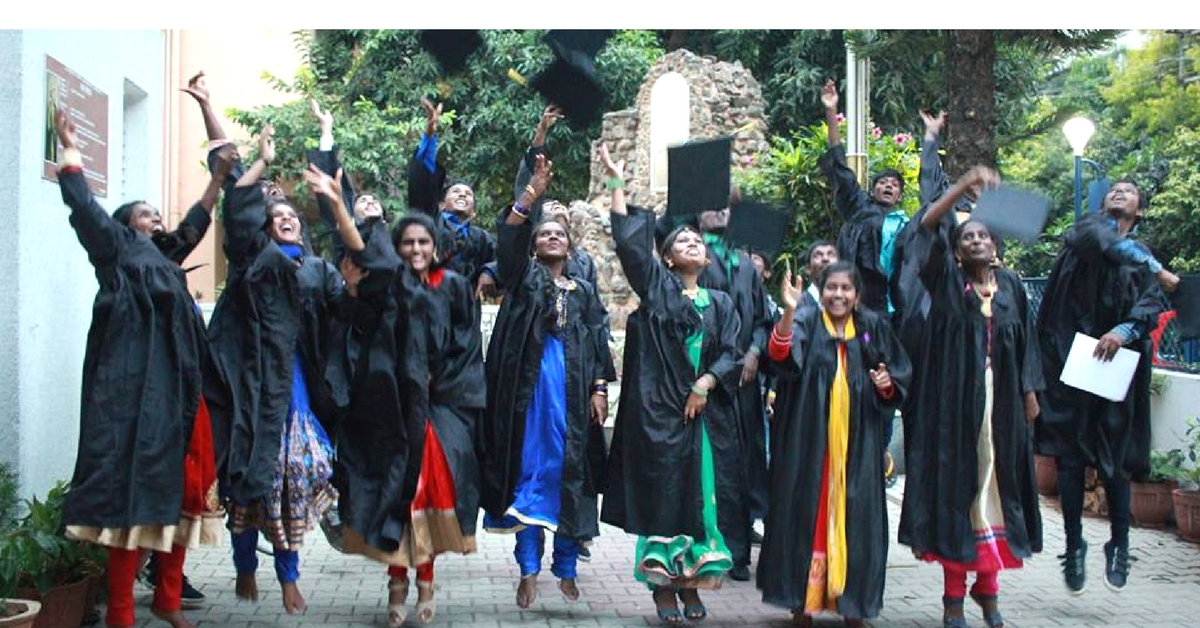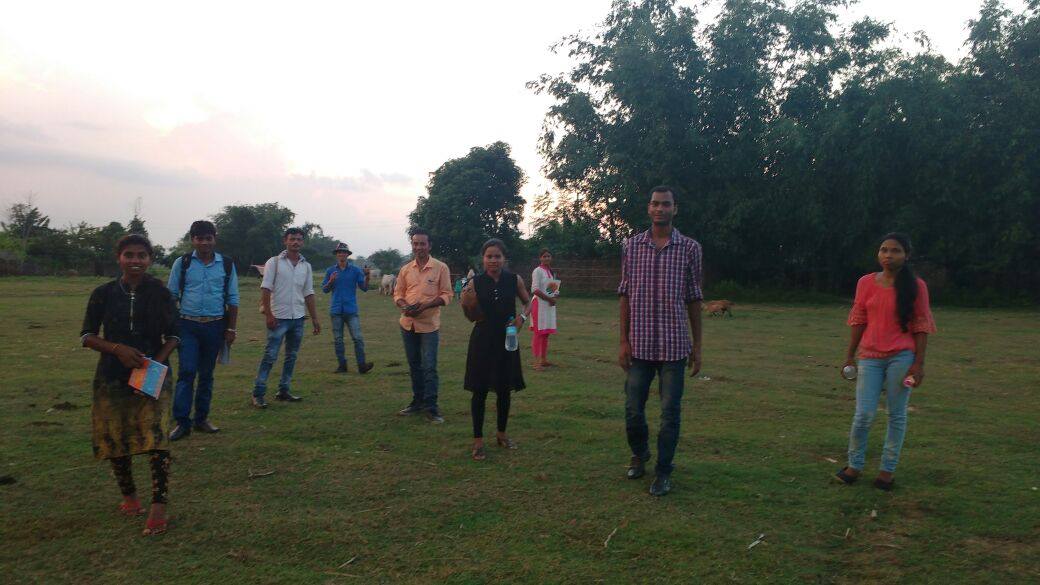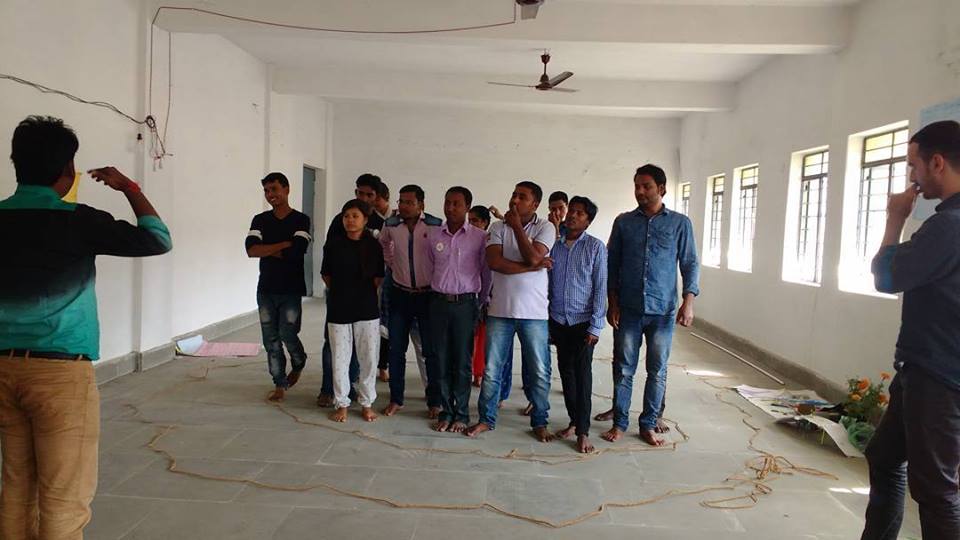Udhyam & Project Potential: Coming Together to Solve Bihar’s Unemployment Crisis
These NGOs hope to equip the youth with the necessary skills to create innovative businesses that generate employment.

Over 1 million Indians turn 18 each month, meaning that a population greater than half the size of the United States will join the workforce over the next 15 years. However, in 2015, the top 8 sectors only created 1,35,000 jobs. The situation is even worse in rural states like Bihar, where 25% of college graduates unemployed leading to the widespread belief that the more educated you are, the more likely you are to be unemployed. These young people are stuck in an impossible situation — they are unwilling to do manual work or farming, and yet, there are no jobs (1.5% of industries are in the state versus 7.55% of the population). Entrepreneurship is also not encouraged, and therefore, there are very few role models to guide the youth on this path.
In such a situation, where there just are not enough jobs, the only option is for the youth to employ themselves by becoming job creators. Towards this end, the Udhyam Learning Foundation is democratising entrepreneurship — making it a dignified and fulfilling choice for youth across India. Mekin Maheshwari, the founder of Udhyam, says “Udhyam aims to challenge mindsets and create ecosystems to democratise entrepreneurship.”
The organisation’s experiential curriculum seeks to awaken latent qualities in youth like confidence, self-awareness, grit, introspection and motivation — which can be a life-changing addition to the formal education they have received.

The actual curriculum has an in-house component, which seeks to bring out these qualities in participants, followed by an experiential business module in which groups are given a loan of ₹10,000 to start a business. It is through this process that youth get to apply the mindset they have learned to the process of entrepreneurship.
They get to build prototypes, gain customer feedback, and iterate. Additionally, they also learn how to deal with failure, develop the confidence to speak to strangers, and often become passionate about a particular business idea. With several successful pilots, Udhyam has found that the program is working to increase participant confidence, business knowledge, and preparedness to work in different ways and with different people.
While traditionally, concepts like ‘mindset’ have been avoided in favour of teaching business basics like accounting and marketing, which are easier to measure, research has begun to show that it is a better predictor of entrepreneurial success. For example, a recent randomised control trial in Togo run by the World Bank and the National University of Singapore tested the impact of training in areas like self-starting behaviour and overcoming obstacles, and found that it was more successful than traditional business training. In particular, female business owners who received training in personal training saw a 40% increase in profits versus 5% for those who receive traditional business training.
Looking at these results and at Udhyam’s curriculum, Project Potential, an organisation that works to solve the crisis of unemployment, has partnered with Udhyam to run a pilot in Kishanganj, Bihar.
Zubin Sharma, the founder of Project Potential, says that the organisation “seeks to provide an alternative path for these youth so that they can apply their creativity to create innovative businesses that generate employment and solve local problems.”
The organisation also plans to launch an incubator in Kishanganj in early 2018 to help these youth move forward with their businesses via access to finance, training, and mentorship.

The Udhyam-Project Potential pilot was launched on 10th November in Kishanganj town with a batch of 20 youngsters and will soon move to other parts of the district to test the program with different groups.
While organisations in the social sector often struggle to collaborate, Udhyam and Project Potential hope that this pilot will become a model for how organisations can come together with their individual strengths to multiply impact. They also hope that the program will not only help young people in meeting their basic needs through the creation of employment but also allow them to fulfil their broader, inner potential.
Like this story? Or have something to share? Write to us: [email protected], or connect with us on Facebook and Twitter.
NEW: Click here to get positive news on WhatsApp!
This story made me
-
97
-
121
-
89
-
167
Tell Us More
If you found our story insightful, informative, or even just enjoyable, we invite you to consider making a voluntary payment to support the work we do at The Better India. Your contribution helps us continue producing quality content that educates, inspires, and drives positive change.
Choose one of the payment options below for your contribution-
By paying for the stories you value, you directly contribute to sustaining our efforts focused on making a difference in the world. Together, let's ensure that impactful stories continue to be told and shared, enriching lives and communities alike.
Thank you for your support. Here are some frequently asked questions you might find helpful to know why you are contributing?


















